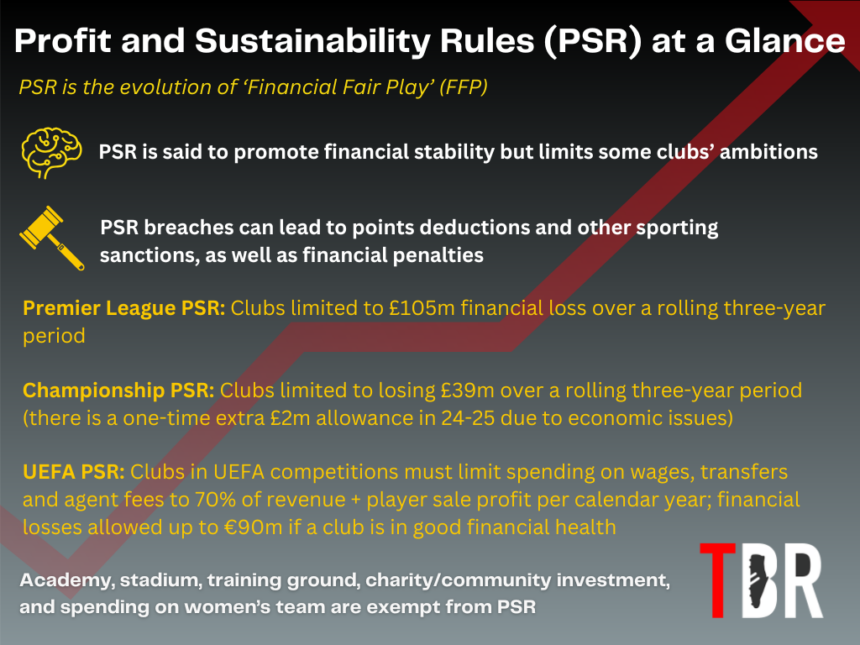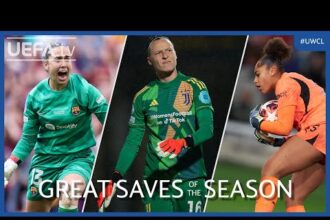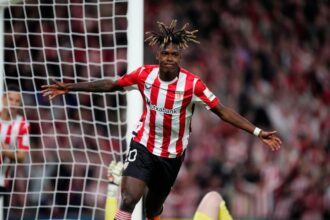Newcastle United have outperformed in their bid to break up the Premier League orthodoxy since the Saudi Public Investment Fund’s takeover in October 2021.
In three-and-a-half seasons at St James’ Park, PIF have seen Newcastle turn from also-rans to a sustained presence in the top third of the Premier League table and a genuine contender for silverware. In 2024-25, they will likely qualify for the Champions League for the second time under Saudi ownership and a first trophy, the League Cup, for 70 years.
Whichever way you cut it, they are ahead of schedule. Profit and Sustainability Rules (PSR) were always going to be a millstone and the Public Investment Fund were well aware that their first major investment in football finance would be a slower burn than fellow Gulf state-backed Manchester City’s was nearly two decades earlier. Smart recruitment, investment in infrastructure and scaling the commercial department were always going to be fundamental to this project.
They could hardly have recruited and – crucially – retained any better. There have been very few misses in the transfer market, with both the more high profile signing and the yellow-sticker arrivals delivering for Newcastle. For every Alexander Isak, there has been a Dan Burn.
PIF have also managed the budget and the culture at St James’ Park so that they have the PSR headroom and the sense of common vision within the squad to tie players down who, in previous eras, might have been destined for a ‘Big Six’ club.
And with Newcastle pressing ahead with plans for a new stadium, the financial future is bright, though vacating St James’ Park – even for a new stadium within spitting distance – will be a seismic and emotional moment for the Georgie nation.
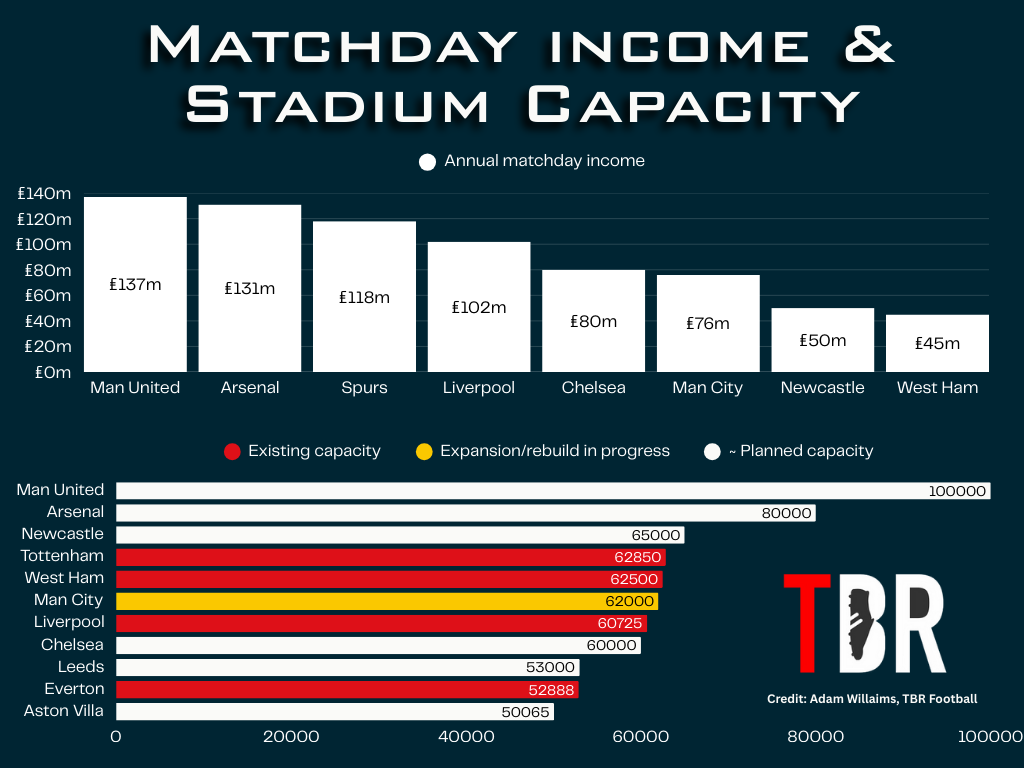
Credit: Adam Williams/TBR Football/GRV Media
But while the stadium will be a quantum leap forward in terms of revenue – which under a new UEFA-style PSR system expected to be introduced from 2026-27, will be more important than profit – it will also take years to deliver.
Newcastle in the meantime will need to continue the stellar work they have done with sponsorships and retail, potentially with a little more wriggle room as a result of Manchester City’s challenge to the Premier League’s APT Rules (Associated Party Transactions). Incidentally, it was the APT Rules which marked down Newcastle’s sponsorship with Sela, reportedly from £30m-a-year to £25m.
The Magpies aren’t exactly short on potential commercial partners, with PIF investing billions in blue-chip companies worldwide who could theoretically be brought into the club’s constellation of 13 sponsors, a relatively modest total compared to the Big Six clubs.
In the past, companies like Aramco and Riyadh Air have been linked with Newcastle. Now, another potential partner of similar scale could be on the cards.
- READ MORE: Senior figures at Newcastle now having doubts about £51m star who was set to replace Miguel Almiron
PIF targeting Aston Martin takeover – Newcastle United’s next big sponsor?
Newcastle are far from PIF’s only investment in sport. In fact, they are a tiny node in a system that now includes thousands of teams, leagues, agencies, sponsorships and every other kind of deal you can name.
Where they don’t currently have an ownership foothold is in Formula One, though that could soon change. It has been widely reported that PIF are considering a takeover of Aston Martin’s F1 team.
PIF already own an almost 20 per cent stake of Aston Martin’s commercial business and sponsor the F1 franchise through Aramco, but they are not formally involved in the team itself.
A new report from The Telegraph suggests that PIF now wants to buy the team from Lawrence Stroll and could offer Red Bull’s Max Verstappen £230m over three years to drive for them in an agreement which insiders claim would be the “deal of the century.”
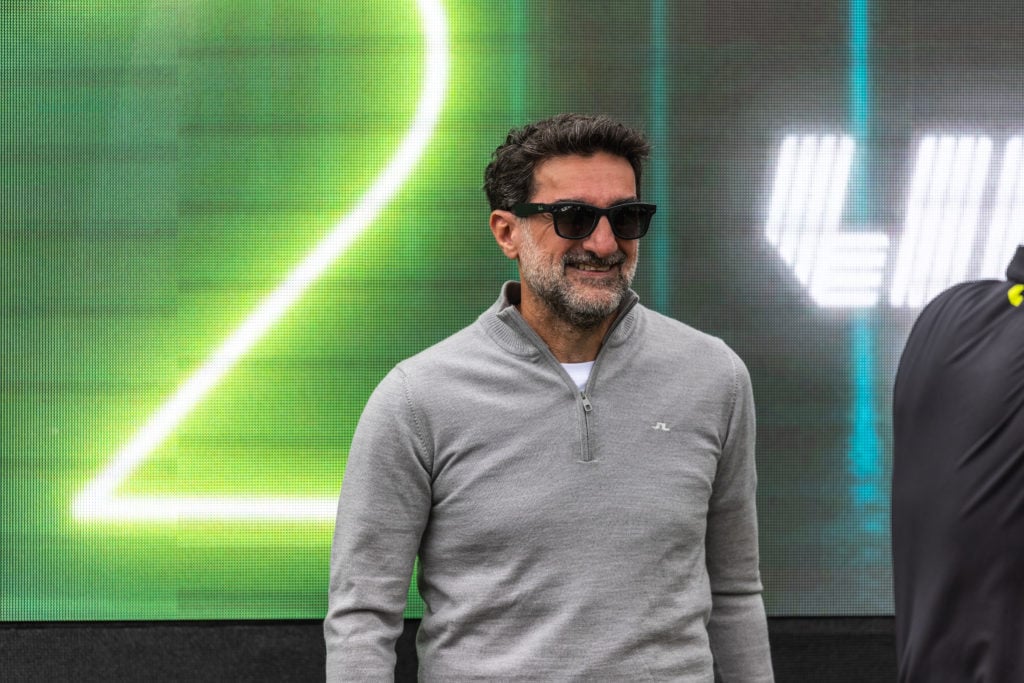
As far as Newcastle are concerned, Aston Martin could potentially be another premium partner. Football and motorsport are forming a tighter Ven diagram and, as a British company and icon, Aston Martin would be a natural fit for Newcastle.
With the Aston Martin racing franchise also valued at around £2bn, it is emblematic of the fact that PIF have zero desire to cut foreign investment in sport, despite reports to the contrary.
Newcastle and PIF head honcho Yasir Al-Rumayyan has said that PIF will reduce spending overseas in the coming years but in percentage terms only, with the overall dollar amount set to continue rising.
Do Newcastle have PSR room to spend this summer?
Newcastle have sustained heavy financial losses in the first few years of PIF ownership, with the owners underwriting the costs of ambitious moves in the transfer market and the spiralling of the wage bill.
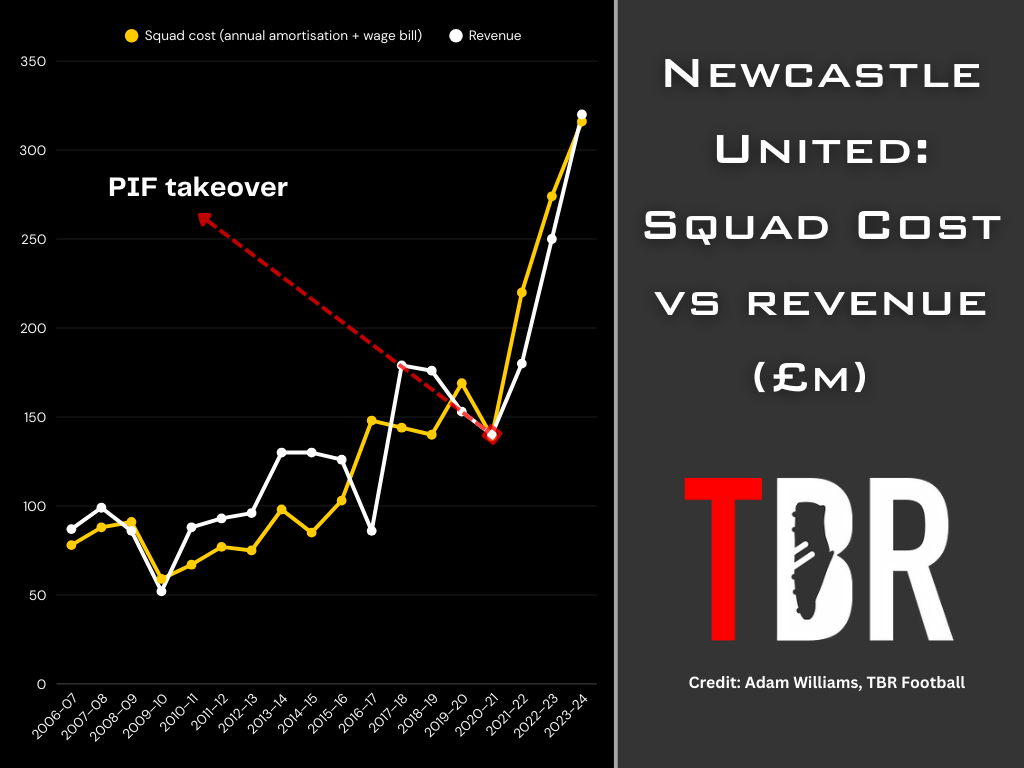
Credit: Adam Williams/TBR Football/GRV Media
However, as Eddie Howe and Paul Mitchell were forced into the sale of academy graduates to balance the books with the PSR enforcers breathing their necks last summer, the results for 2023-24 were more promising.
The Magpies lost a far more modest £11m which, after PSR add-backs are factored in, will turn into a PSR profit. They will likely have returned to the red in 2024-25 with no European football, but the results will not be catastrophic, especially if they make sales before the PSR assessment window rolls over on 1 July.
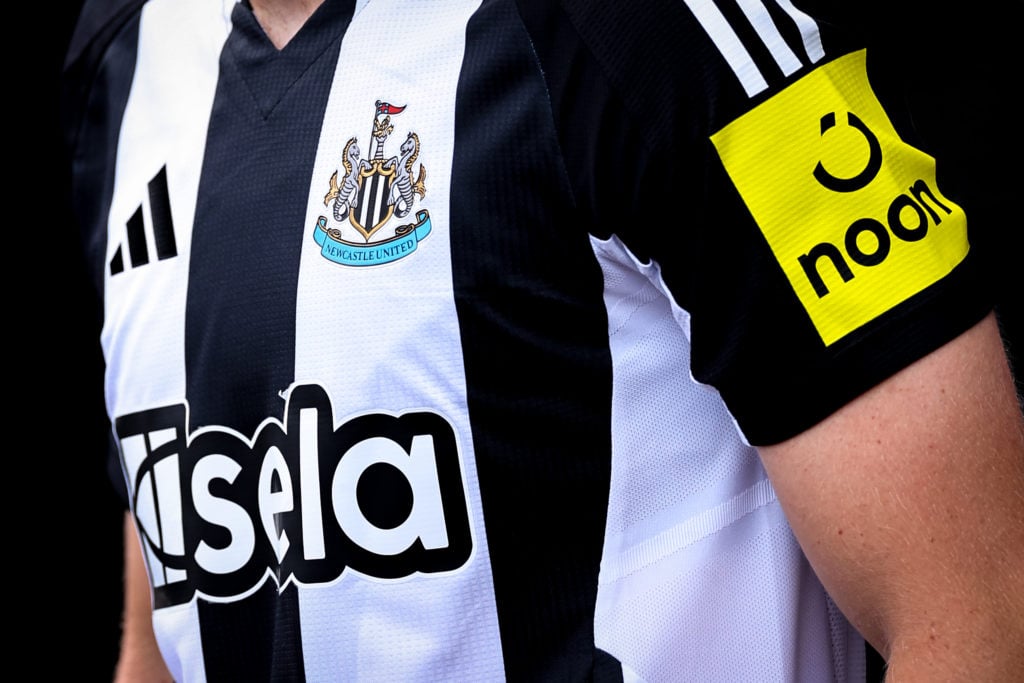
UEFA PSR – with which Newcastle must comply if, as is likely, they are playing in European next season – will be much tighter, though not many clubs have seen this as a deterrent.
Aston Villa and Chelsea, for example, appear to have accepted that a financial penalty from UEFA is one of the costs of building the squad.


